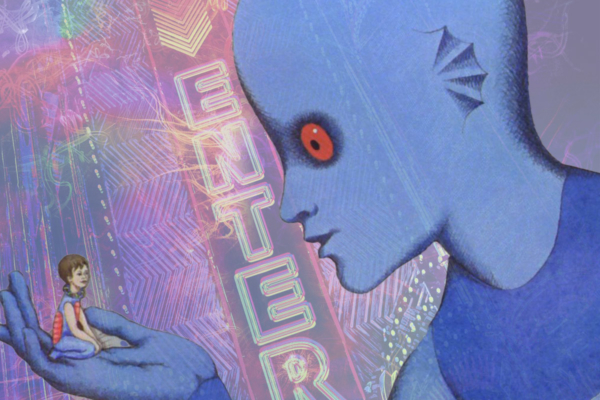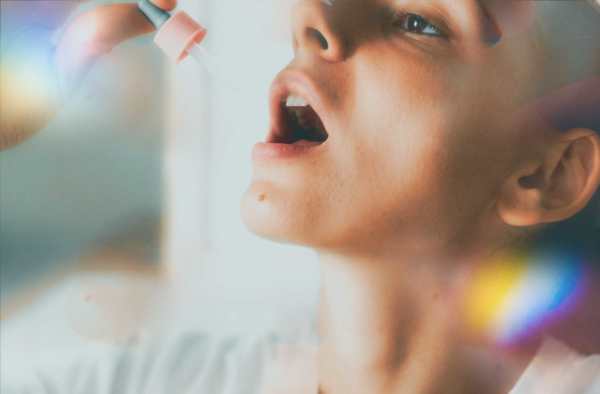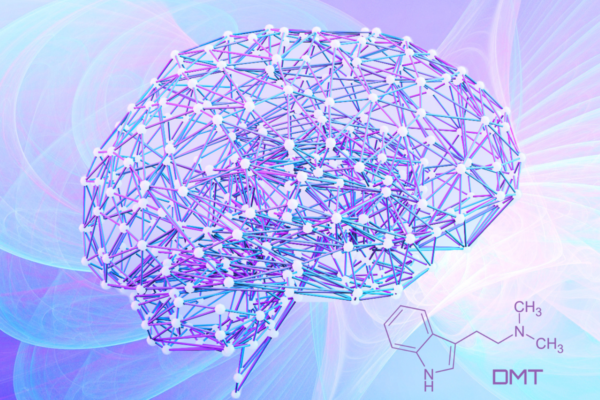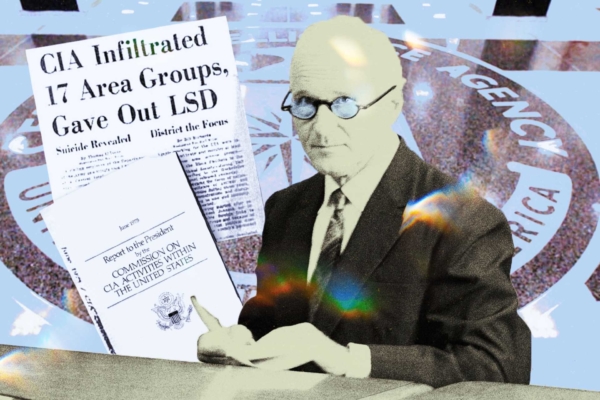
Psychedelic research company Beckley Psytech announced it has received the green light from U.K. drug regulators to conduct a landmark clinical trial investigating the effects of the psychedelic therapy psilocybin to treat a rare and debilitating headache condition called short-lasting unilateral neuralgiform headache attacks (SUNHA).
SUNHA belongs to a group of headache disorders known as Trigeminal Autonomic Cephalalgias (TACs). It is considered one of the most painful disorders, causing short-lasting headaches that range from severe to excruciating. Those who suffer from SUNHA may have more than 100 attacks a day. An estimated 46,000 people in the U.S., Canada, and the G5 from Europe suffer from SUNHA, for which no treatments are currently approved.
Researchers plan to enroll up to 12 patients with chronic SUNHA to investigate the potential therapeutic benefits of psilocybin, the active ingredients in magic mushrooms. Rather than recording headache data in paper diaries as is typically done in this type of research, participants in the SUNHA study will be using Beckley Psytech’s experimental smartwatch to record the frequency, duration, and severity of their headaches.
“We believe that overall, we’ll be able to capture data more effectively, and this should lead to more robust data on the number and severity of headaches a patient experiences,” says Becky Hutchinson, Beckley Psytech’s commercial director.
Eligible participants will enter a two-week screening during which they will record information about their headaches. Afterwards, patients will receive three low-doses of increasing amounts of psilocybin with five-day intervals between each dose, during which they will continue to record their headache frequency, duration, and severity.
“SUNHA is a crippling condition for which there is very limited research and no currently approved medications,” says Dr. Fiona Dunbar, Beckley Psytech’s Chief Medical Advisor. “We believe that psychedelic medicine has the potential to make a significant difference to the quality of life of patients suffering with this disease, and are very excited to receive approval for our clinical trial and to further investigate the safety profile and efficacy of psilocybin as a treatment.”





